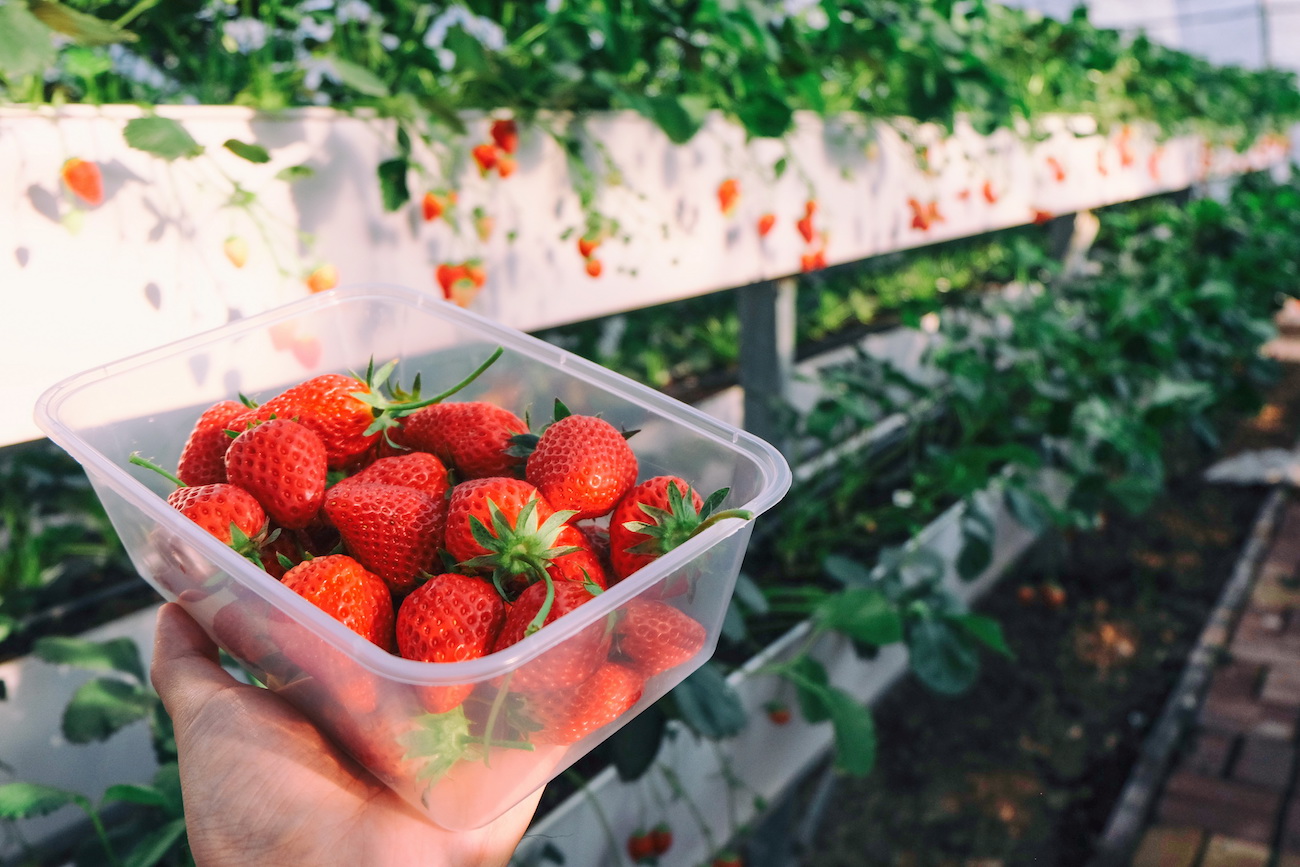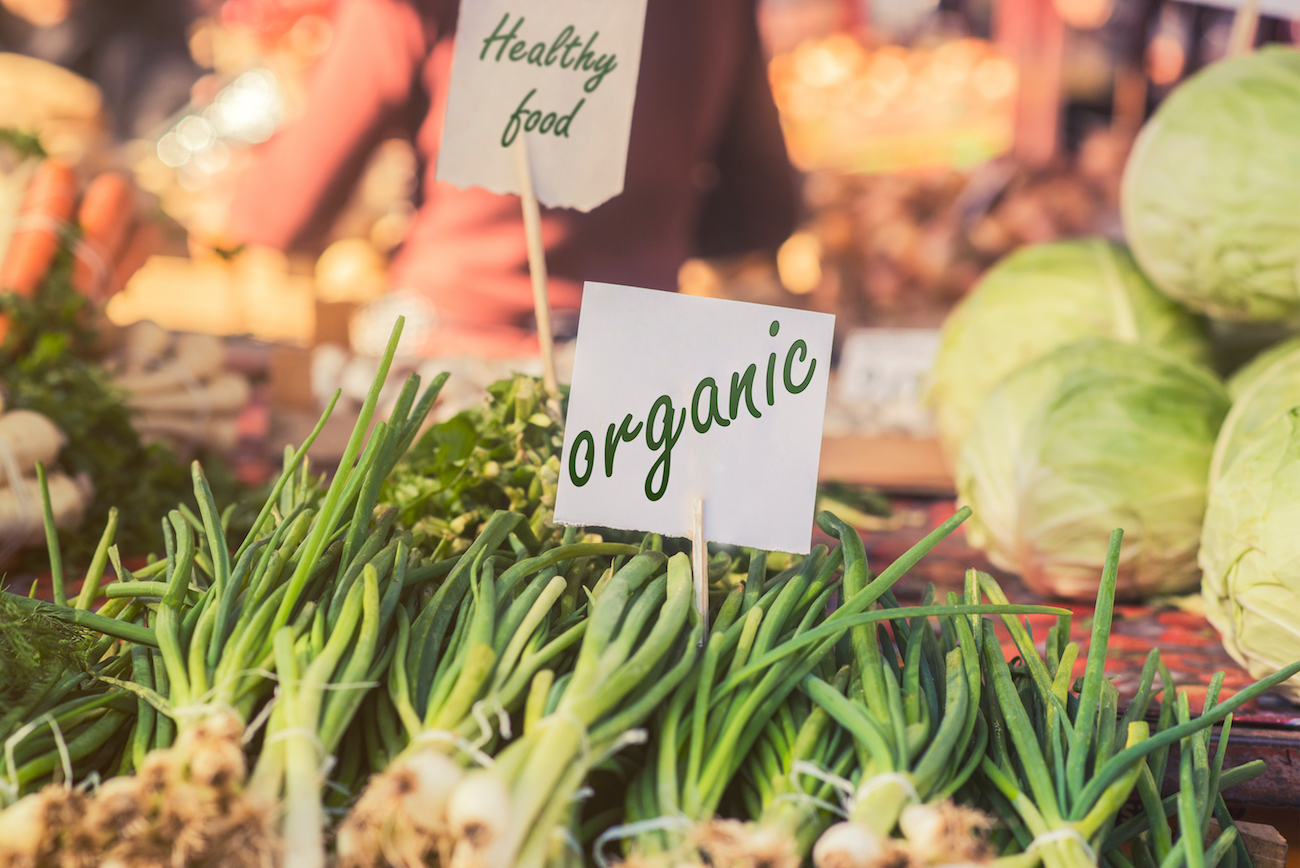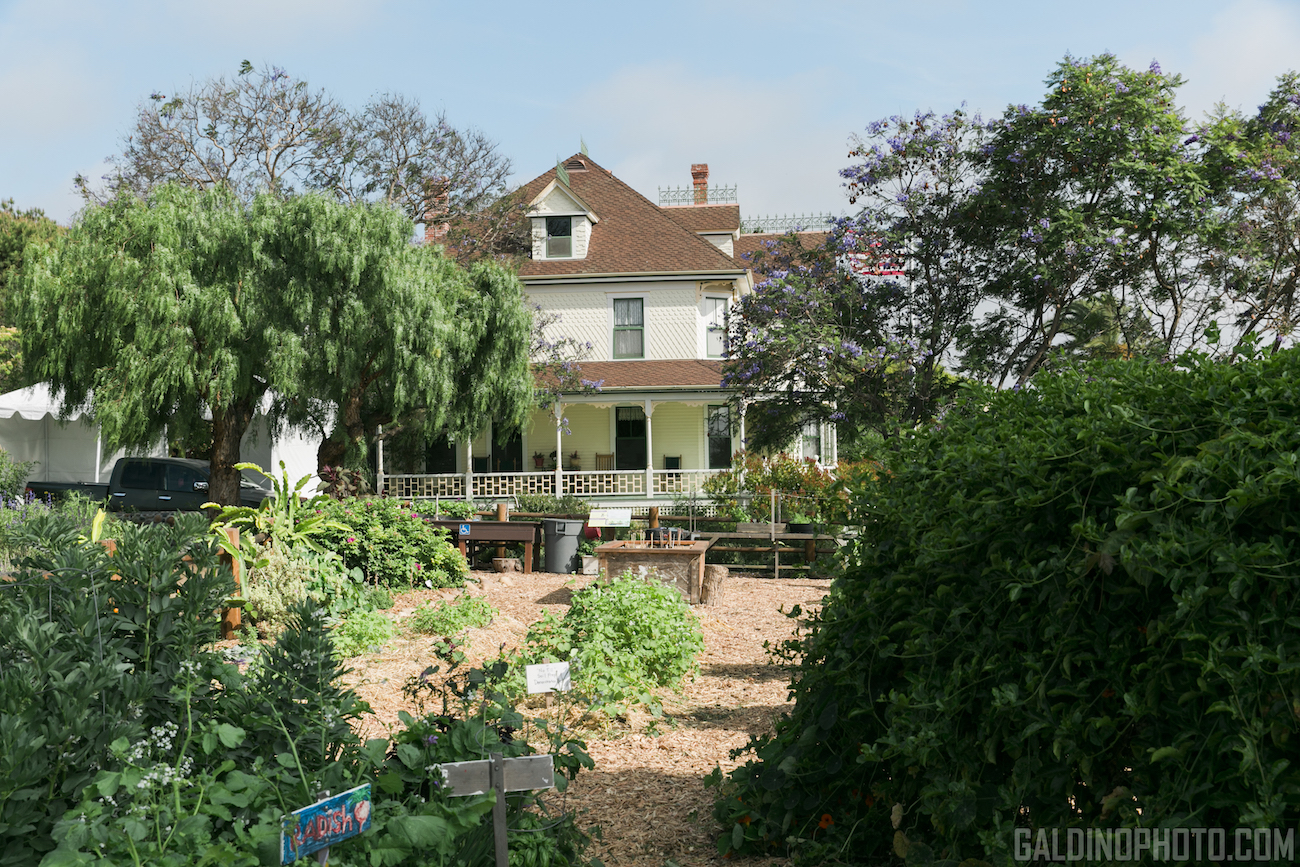From the Ground Up
From the Ground Up – Building a Better Future One Acre at a Time
By San Diego Bay Wine + Food Festival
Since the first avocado tree was planted in Escondido in 1892, San Diego’s Mediterranean-like climate has been the ideal locale for farms to thrive. It was necessary in those days to produce your own food. Running down to the corner store for a carton of eggs wasn’t an option in rural San Diego; they had to rely on the land and other farmers for locally sourced products.
Today, San Diego has over 5,730 farms– more farms than any other county in the United States, with 68 percent of them growing on less than 10 acres of land. Supporting businesses that source local ingredients is crucial to keeping these farms up and running. This “buy local” approach has made its way to dining scenes across the county as many of San Diego’s restaurants procure their produce and livestock products from local farms, not to mention the plentitude of consumer facing farm stands, farmers markets, and Community Supported Agriculture (CSA) available.
Why is this significant? Access to quality food is imperative to the health and well-being of our communities and yet, with all this abundance of local products, our food travels farther and farther to reach tables nationwide– on average about 1,500 miles. Because this food is picked earlier to make the long journey to your grocery store, it hasn’t had time to develop its intended flavor and nutrition. By eating locally, you get fresher, healthier, better-tasting food, and help support family farms, encouraging a vibrant local economy. Two notable San Diego Chefs weigh in:
Chef Steve Brown, Cosecha
“As a chef your main goal is to create an unforgettable experience through flavor, texture and presentation in a perfectly balanced way. Too often we forget that the process does not begin in the kitchen, but in the soil. We are surrounded by daily deliveries of plastic clam shells of beautiful garnishes pre-cleaned and ready to add to a finished dish.
There is no comparison to harvesting by hand and serving on a dish that same day! Most mass-produced fruits and vegetables are harvested way before maturity and of course pumped with hormones and pesticides.
People ask me everyday if I really harvest my own produce, like its some crazy modern idea, which really confuses me and makes me laugh when I think about it. It is very important to educate the young chefs of the world and show them the importance of growing your own produce or at least purchasing it from someone who is local and sustainable. Cosecha SD and Wild Willow Farm is partnering in creating the first restaurant and farm stage program! We already have a list of young and experienced chefs who are waiting to be accepted into this program. It will be a 6 week program, 20 hours a week in the farm and 30 hours a week in the restaurant. In this time frame they will see the process of creating a beyond-organic method of soil planting, harvesting and finally planting in six weeks. Slowly but surely, as these chefs move on and take these methods throughout their careers, it will change the industry as a whole!”
In the United States today, one in three children is overweight or obese and kids are being diagnosed with Type 2 Diabetes at an alarming rate. The correlation between our expanding waistlines and our diminishing farms is evident.
This is why San Diego farms such as Olivewood Gardens and Learning Center and Wild Willow Farm are so important. They start from the ground up by instilling education first.
Olivewood Gardens’ vision is to reconnect students and families to the natural environment through food, education and community engagement. They have several programs through their interactive, indoor-outdoor classroom for children and adults that incorporate hands-on learning in the garden and the kitchen. These classes give families the knowledge to feel empowered to make the right choices when it comes to food.
Wild Willow Farm’s mission is to educate, cultivate, and empower our future farmers to preserve the rich history of San Diego farming, so future San Diegans will embrace the importance of eating healthy, locally sourced ingredients. As an educational farm practicing and teaching agriculture, they offer community members the opportunity to connect with food sources, learn how to grow their own food and promote personal well-being. In addition, they have implemented a field trip program with schools teaching students about where their food comes from.
Without these farms and others like them in our community, we would continue to see the breakdown in appreciation for nature and the rise in unhealthy eating habits. Building awareness around the great strides they are taking is important to keeping programs like these in San Diego and helping our future generations thrive.






